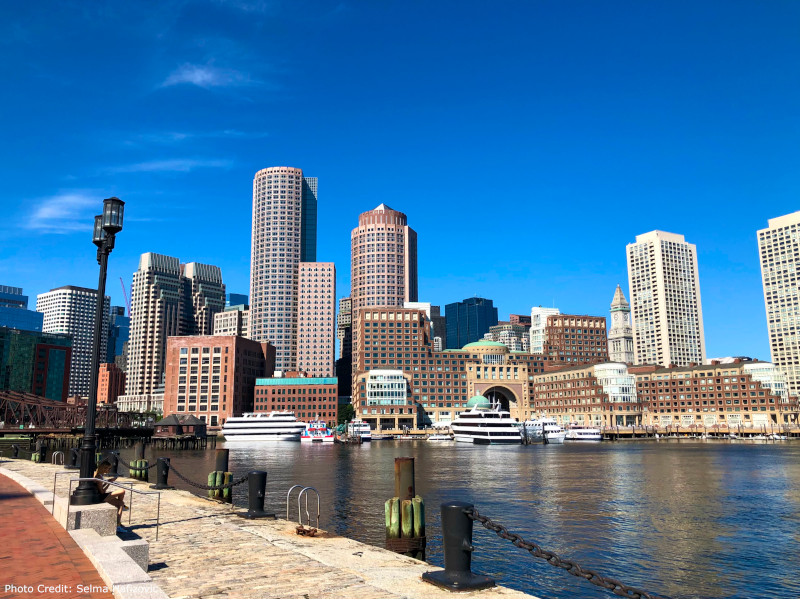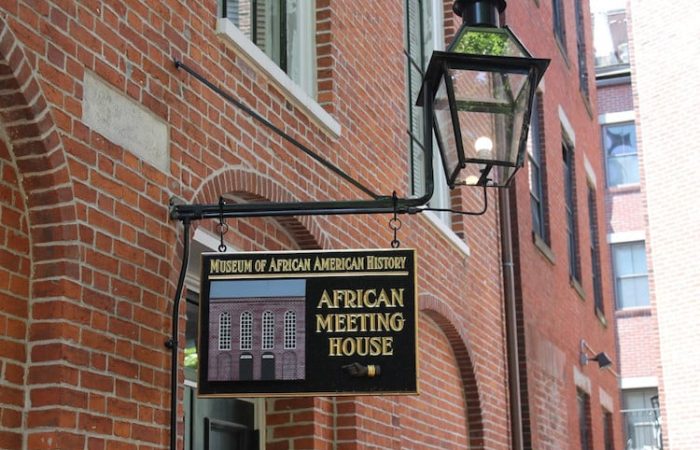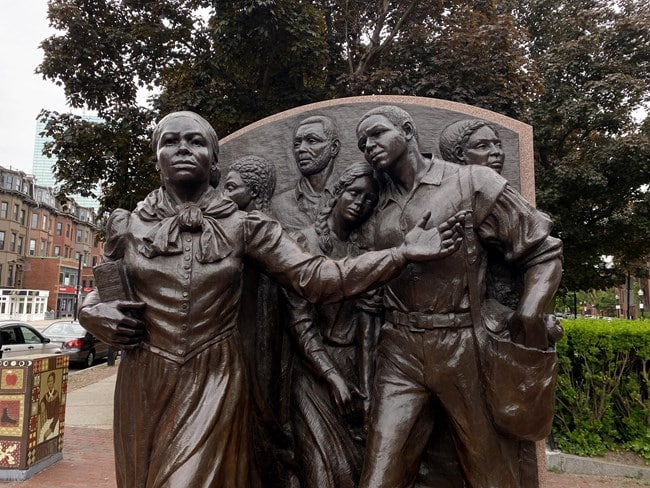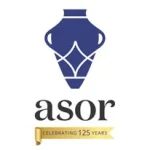
LAND ACKNOWLEDGMENT AND HISTORY, BOSTON 2024


Activities:
- Visit a historic location or memorial:
- Stretch your legs with a 1.6 mile free walking tour of Boston’s Black Heritage Trail in Beacon Hill, ending with the Museum of African American History ($10 adult/$8 student).
- Boston’s Faneuil Hall offers a variety of exhibits, programs, and resources as a historic space for abolitionists, women’s suffragists, labor unionists, LGBTQIA+ activists, and other protests, meetings, and debates about the meaning and legacy of American liberty.
- Visit Harriet Tubman Park and memorial (0.6 miles from Boston Park Plaza) or the Boston Middle Passage Marker (1.4 miles from Boston Park Plaza).
- Have a movie night in your hotel room with a documentary produced by the Boston-based Upstander Project, which creates films and other educational materials “to amplify silenced narratives, develop upstander skills to challenge systemic injustice, and nurture compassionate, courageous relationships that honor the interconnection of all beings and the Earth.”
- Dine at a Black-owned or Haitian restaurant, or the Nubian Markets.
- As your circumstances allow, consider a financial donation to support Boston-based organizations that are run by and for indigenous peoples and marginalized communities, such as the North American Indian Center of Boston, the Massachusetts Center for Native American Awareness, the Toussaint Louverture Cultural Center, or the Enslaved Legacy History Coalition.
If you’d like to learn more about the Indigenous, enslaved, and immigrant peoples of the Boston area, here are some places to start.
- Massachusett Tribe at Ponkapoag
- Mattakeeset Massachuset Tribe
- American Indigenous Studies Resources, Harvard University
- Harvard & the Legacy of Slavery
- Boston Slavery Exhibit virtual exhibition, Archaeology Department, City of Boston
- Global Boston, Department of History, Boston College
- Boston Little Syria Project
*Acknowledgment text adapted from the Harvard University Acknowledgment of Land and People and the Boston Slavery Exhibit.


